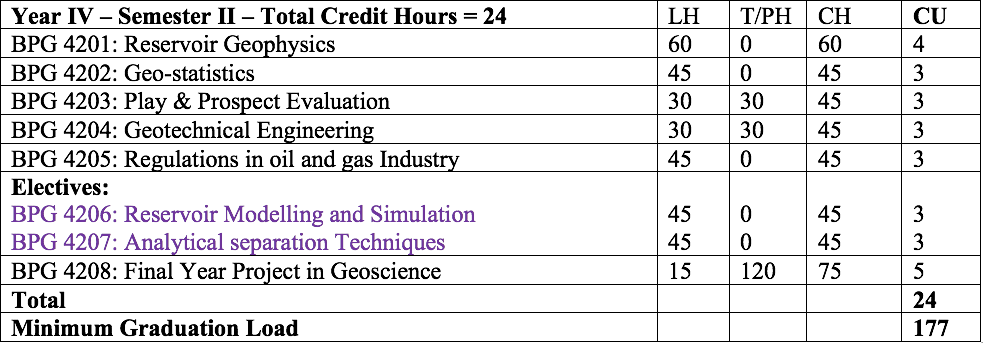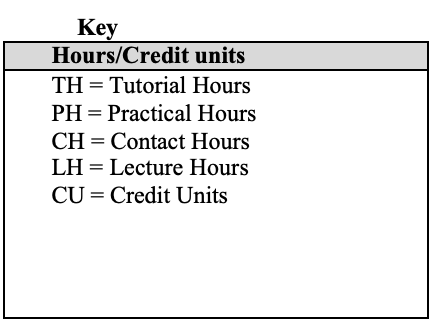
Ignite The Future
The BSc in Petroleum Geoscience focuses on core geological disciplines significant for oil and gas exploration and production. The program covers both theoretical and practical approaches to petroleum geoscience problems.
This full-time, multidisciplinary Petroleum Geoscience program covers a wide range of Earth science and related subjects, and their application to the full spectrum of petroleum exploration and production. It provides a thorough grounding in the core geological disciplines but focuses especially on their significance for oil and gas exploration and production.
Important topics on the identified modules have been developed to provide a distinctive learning experience for students. Learning outcomes are complemented by the inclusion of an independent final year project.
On successful completion of this programme, the students should be able to:
Have multidisciplinary and transferable skills for working within integrated subsurface evaluation teams
Target groups
The programme will be a four-year degree programme divided into 8 semesters, each comprising of 15 weeks of study and 2 weeks of examinations.
Ugandan applicants: Applicants should hold at least a Uganda Advanced Certificate of Education (UACE) with at least 2 principal passes in the essential subjects (physics, chemistry and/or mathematics) sat at the same sitting. Applicants must have at least five Uganda Certificate of Education (UCE) passes obtained at the same sitting.
International applicants: Applicants must have qualifications that are recognized and equivalent as per the standard schemes stipulated by National Council of Higher Education (NCHE) for university entry for a Bachelor of Science Petroleum Geoscience degree.
Diploma in an Engineering or Science and Technology field from a recognized institution
By completing the bachelor’s program in Petroleum Geosciences, the candidate shall:
Tuition fees for privately sponsored students shall be **** USD per semester. All students are required to pay other functional and non-functional fees as may be defined on admission.
Details of the Programme structure are specified below with Contact Hours (CH), Credit Units (CU); where 15CH = 1CU. Contact hours are in form of Lecture Hours (LH), tutorial hours (TH) or practical hours (PH). 1CH = 1LH OR 2T/PH. 1CH also equates to two field hours).








